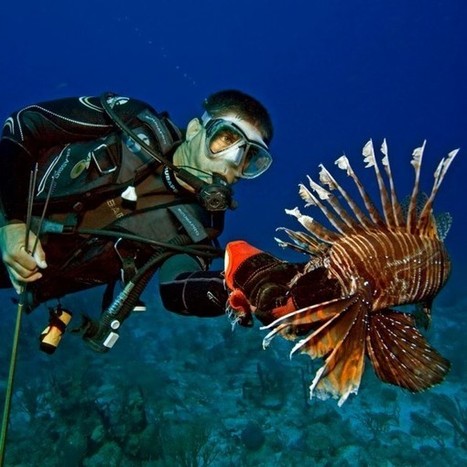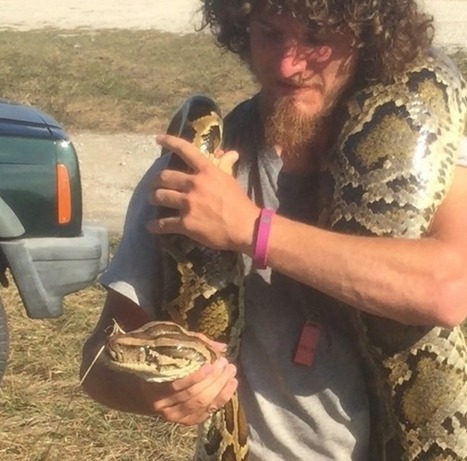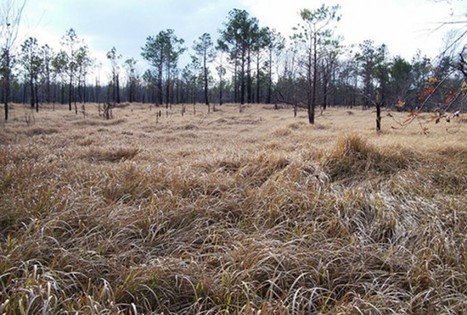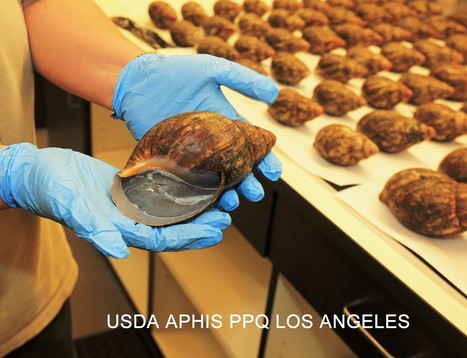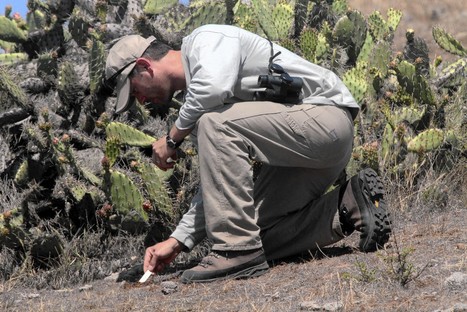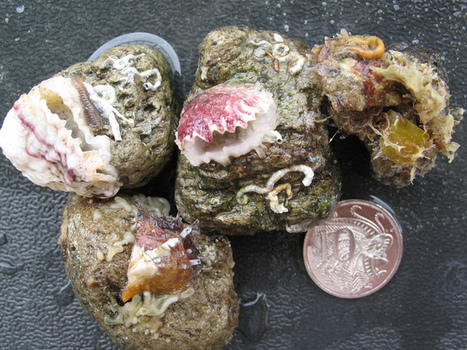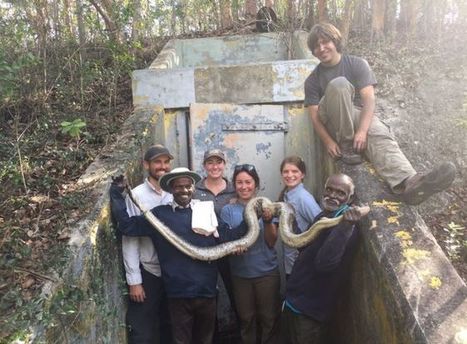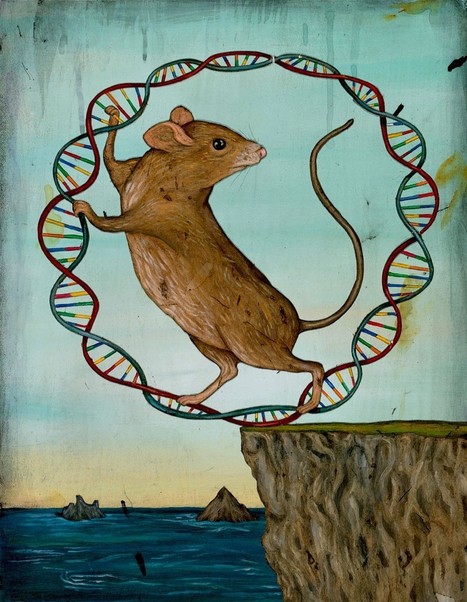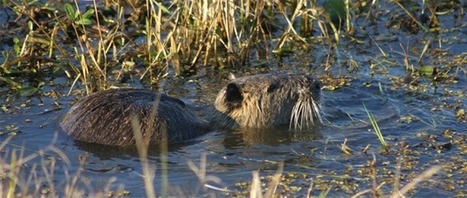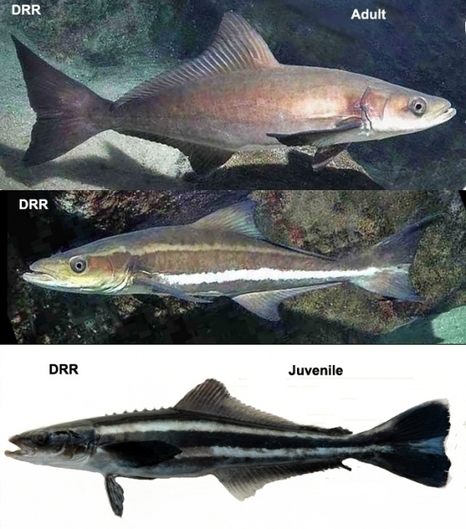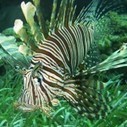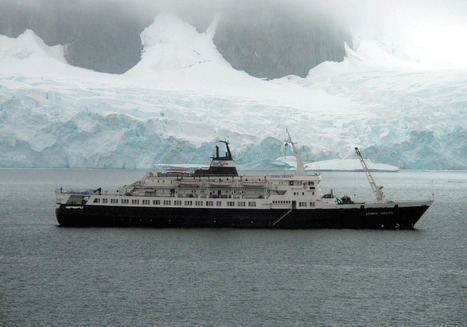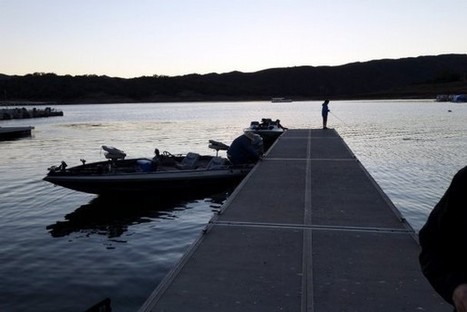A plan to boost eco-tourism on Catalina Island by increasing the number of bison has recharged a debate over the environmental impacts of the shaggy beasts
Research and publish the best content.
Get Started for FREE
Sign up with Facebook Sign up with X
I don't have a Facebook or a X account
Already have an account: Login
Coastal management and restoration of our planet's coastlines with a particular focus on California, Louisiana and the Pacific. Emphasizing wetland restoration, aspects of agriculture in the coastal plain, fisheries, dealing with coastal hazards, and effective governance.
Curated by
PIRatE Lab
 Your new post is loading... Your new post is loading...
 Your new post is loading... Your new post is loading...

PIRatE Lab's curator insight,
January 11, 2014 11:30 AM
This effort offers the opoprtunity to supply shellfish to local So Cal markets with markedly reduced carbon footprints. |
|






